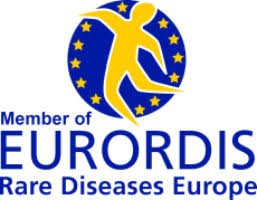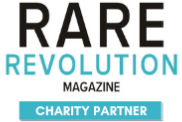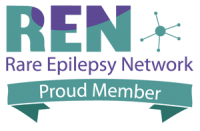Do rare diseases affect the mental health of patients and families?
Research has shown that patients and carers may experience a negative impact on wellbeing and mental health. Existing treatments hardly ever address mental health problems. Research has shown the following findings:
“Because of their rare disease, 95% of the respondents to the survey felt worried or anxious, 93% have felt stressed, 90% have felt low, 88% have felt emotionally exhausted and 70% have felt at breaking point”.
Although it is well known that physical and mental conditions impact on one another, often patients are told or feel that the clinicians don’t take them seriously. They claim that it’s ‘all in their head’.
These charts shows how infrequently healthcare professionals ask about the patients’ mental health:
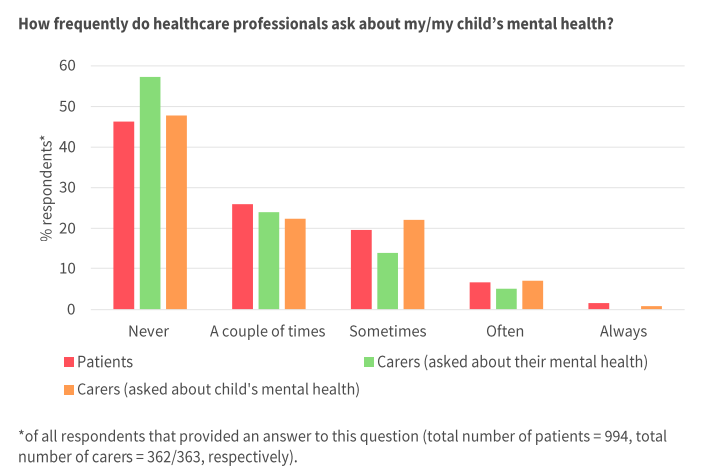
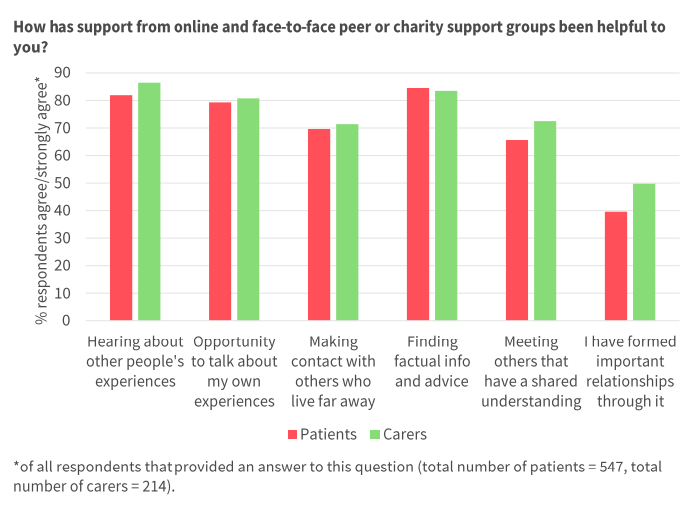
A lack of attention by healthcare professionals adds to patients’ distress, whereas well-handled interactions can provide relief for individuals and their families.
Although sources of support are highly valued, patients are often unaware of their availability. In practice, they could be offered by a charity or through peer group networks or both.
How could mental health care be integrated with services for those suffering rare diseases?
The research has come up with the following recommendations:
- Provide healthcare professionals with the skills, knowledge and capacity to:
- demonstrate awareness of the emotional challenges of living with a rare disease;
- handle discussions about mental health sensitively.
- Patients and carers to be routinely signposted to sources of support.
- Coordinated rare disease services should include assessment of mental health needs and access to mental health services and these should be extended to carers.
The good news
At Ring20, we have identified the importance of mental healthcare for r(20) syndrome sufferers and would like to be able to offer more targeted support to families who are signposted to us by their medical teams. As a result, we are planning on working with a professional organisation who provides counselling and wellbeing resources, training & information for rare disease patient groups and organisations to better support YOU, our r(20) families. We have a number of grant applications in progress to fund the provision of mental health and wellbeing support for our r(20) community.
We recognise the need and we have a solution. Now all we need is the funds to deliver. We welcome any support, you can now donate to this important cause through our Donations Page.
Watch this space for further information!
Reference: Living with a rare condition: The effects on mental Health. Research Commissioned by Rare Disease UK, Genetic Alliance UK, and SWAN UK in 2018.



